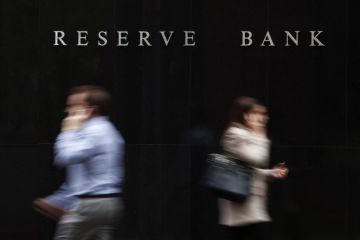‘Renters are getting smashed’: Melbourne house rents reach record highs

Melbourne tenants are being squeezed as median house rents rise to a record $460 per week, and unit rents are on track to set a record by spring.
House rents jumped $10 per week or 2.2 per cent over the June quarter, the latest Domain Rent Report, released on Thursday showed. Unit rents rose 5.1 per cent or $20 per week to $410 a week, just below their pre-COVID highs.
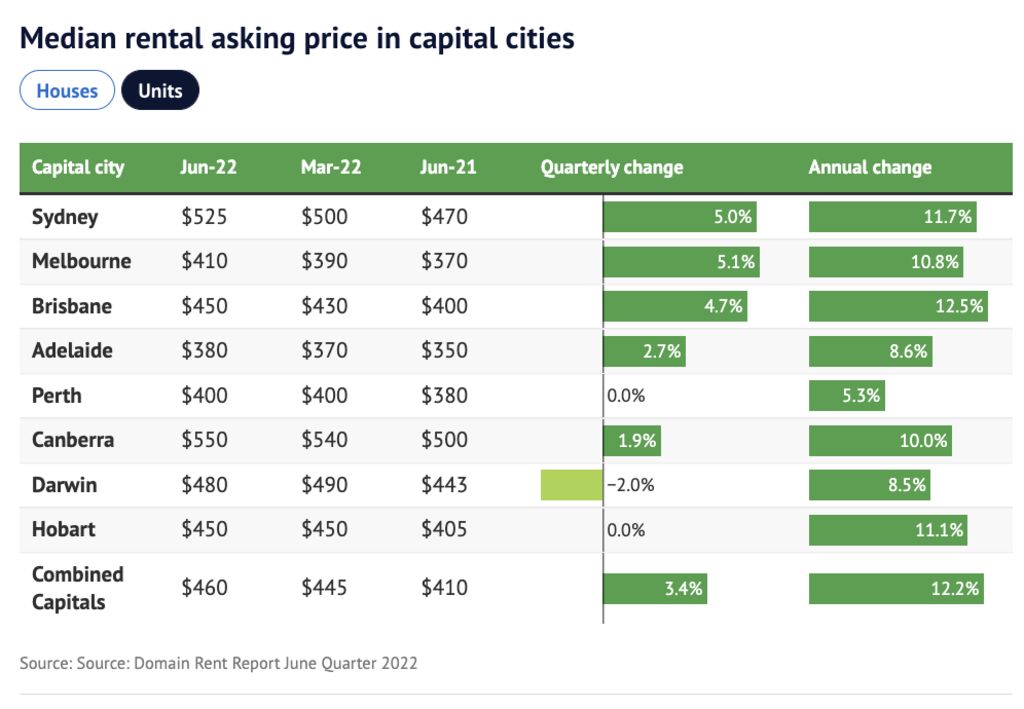
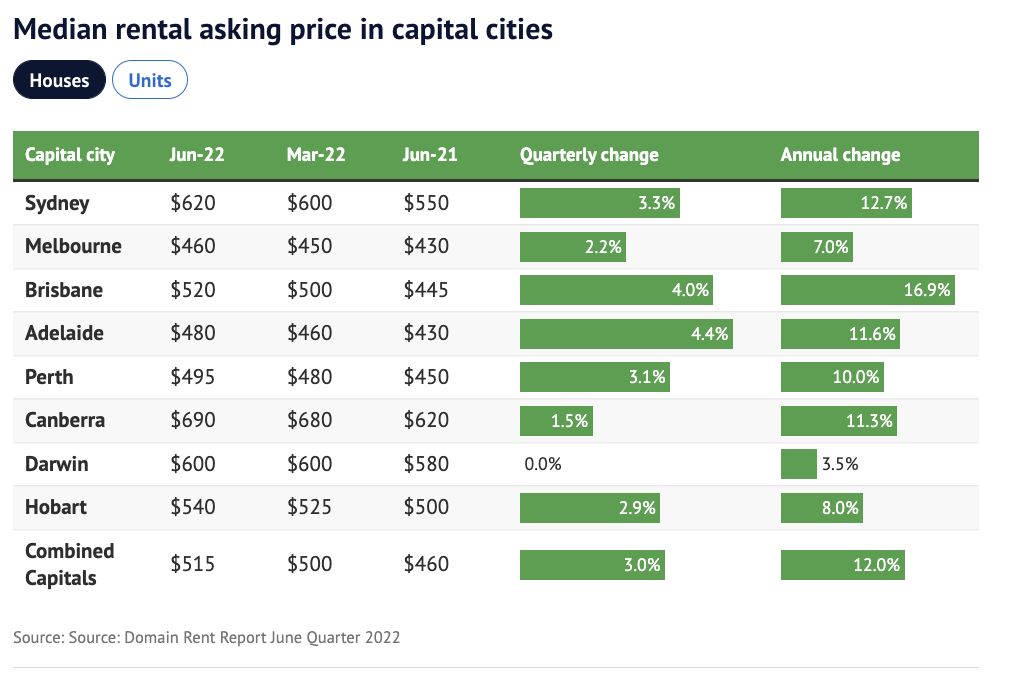
The increases are a blow to tenants struggling with the rising cost of living, large winter energy bills, high petrol prices and grocery price inflation, with little respite in sight.
Domain chief of research and economics Dr Nicola Powell said Melbourne’s market had changed from one where tenants had a choice of rentals and could negotiate on price to one where landlords were far more in control.
“It’s definitely become a landlord’s market,” Powell said. “This is the second-steepest quarterly rise on record and resulted in the sharpest annual increase since 2008 … if rents keep rising at the current pace, by next quarter we will have unit rents at a new record high overall.”
Powell said the return of international students, better affordability and the formation of new households among young people who preferred to live with fewer housemates in the pandemic were behind Melbourne’s rent rises, as the vacancy rate fell from 5.4 per cent in December 2020 to 1.5 per cent in June.
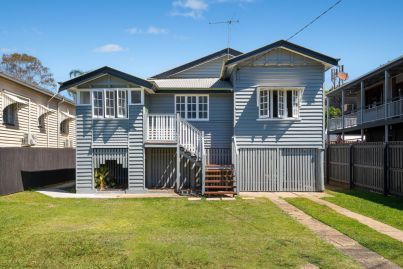

Tenants have been returning to the inner city to live closer to workplaces, while the supply of rental listings has reduced as landlords sell to cash in on high property prices or to avoid Victoria’s new, more stringent rental laws. The return of Airbnb has also reduced long-term rental supply.
Victorian Council of Social Service chief executive Emma King said rising rents and also energy bills and petrol were already pushing some to skip meals or vital medication and not use heating to try and keep a roof over their heads.
In worst-case scenarios, some elderly renters had presented to Melbourne hospitals with hypothermia, she said.
“Renters are getting smashed on all sides,” King said. “We’ve got this really cold winter and people are going without essentials.
“People are being pushed into homelessness because rents are too high and because the COVID-19 support that was there in the first wave, is no longer there.”
King was frustrated to discover census data showing thousands of homes sitting vacant across Melbourne.
Tenants Victoria director of community engagement Farah Farouque said the return of Airbnb, or short-term rentals, was also taking much needed long-term rental stock out of the market and hitting affordability, both in city and regional areas.
She said referrals to the peak body’s financial counselling service were on the rise, with a quarter of those who were reaching out already in rental arrears and renting homes they could not afford.
“People on income support – even if they qualify for a rental subsidy like Commonwealth Rent Assistance (CRA), it’s just inadequate,” she said.
“One of the key things that we feel [could help] as well as building more social housing is a lift to the amount of CRA, that would be a shot in the arm for renters under pressure.”
Freelance graphic designer James Cook rents in a share house and would like to move out on his own, but prices are too high.
“I’ve been looking for a single bedroom place, somewhere decent where it’s still affordable,” Cook said. “I look at rental listings from the cheapest to the most expensive and anything decent is out of my budget.

“I’m 27 and getting closer to my 30s. I wouldn’t mind getting out of share-housing – it’s a bit of a university student thing.”
Paying the rising costs of rent and other living expenses meant the dream of owning a home was way out of his reach.
By region, the sharpest gains for units were in the inner suburbs where unit rents jumped by 11.3 per cent – or $45 per week – to a median $445.
House rental rises were more moderate, with the highest rise in the north-east region which recorded a rise of 2.3 per cent in weekly rents to $440.
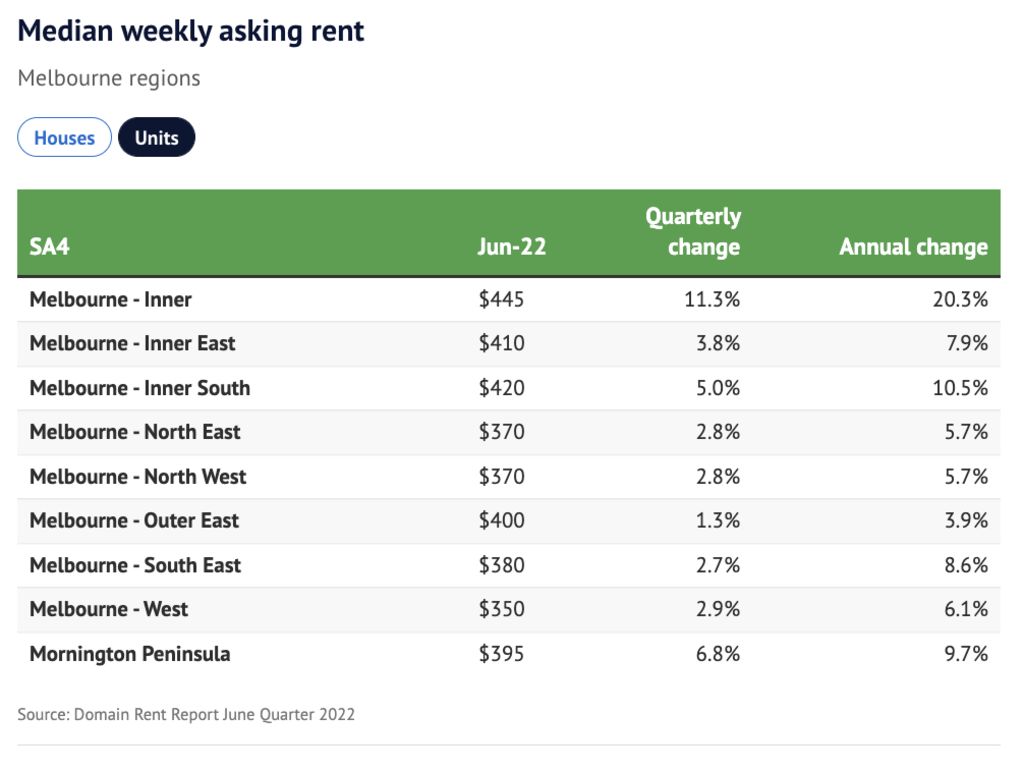
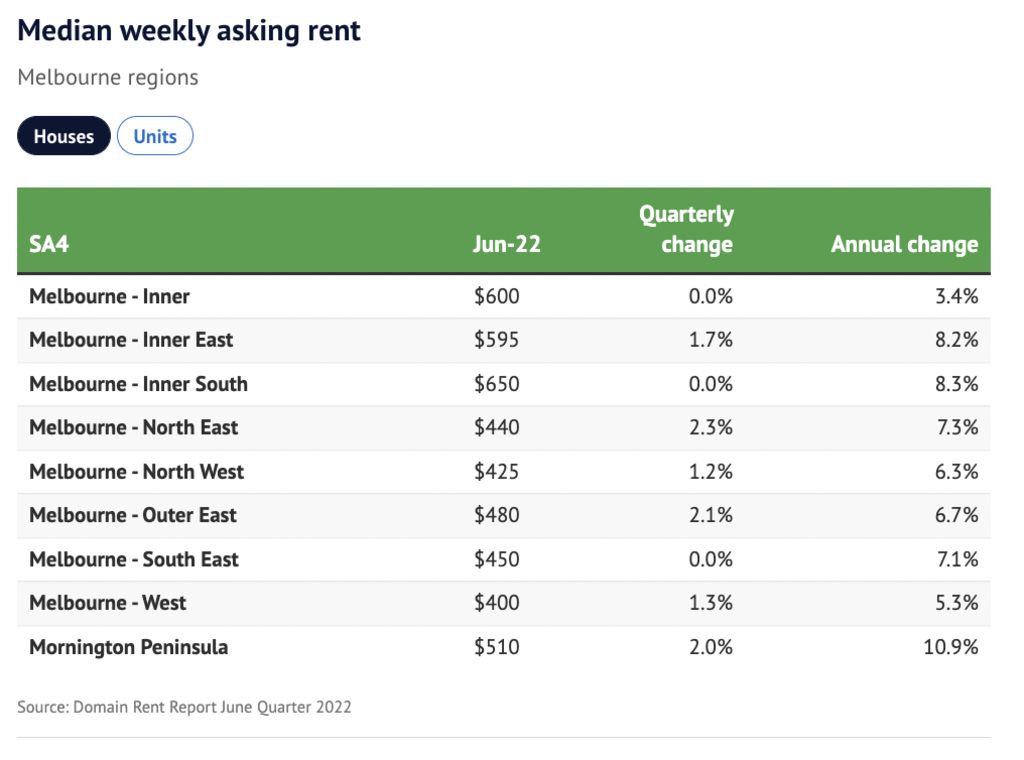
Harcourts Melbourne department manager, property management, Daniella Ferraro said some apartments in the inner city were receiving the same rents they had before COVID-19 hit.
“We’ve had an influx of people back to the CBD, and we don’t have enough properties for all of them,” Ferraro said.
She said properties were leasing in less than a week, with tenants keen to move in as soon as possible to be closer to work, confident there would not be any more lockdowns.
Westpac senior economist Matthew Hassan said the return of international students and other migrants was starting to have some impact, with numbers in Sydney and Melbourne now tracking between 30 per cent and 40 per cent of pre-pandemic numbers.

“Maybe something that’s starting to get into the mix are interest-rate rises, so investors are ensuring their returns are going to cover those interest rate rises [by raising the rent],” Hassan said.
But Hassan said the building boom could change the rental market, once tenants waiting for new houses to be built receive the keys and leave their rentals.
Philip Webb Real Estate chief executive Anthony Webb said their rents were increasing by an average of $18 per week over the past three months, a figure that could double by the end of the year.
He said fewer homes were available to rent. Landlords had been selling to cash in on the booming sales market, or because they were frustrated with changes to Victoria’s rental laws and the long wait to have matters heard at the Victorian Civil and Administrative Tribunal.
“Some landlords are very disenchanted with the way they were treated over COVID,” Webb said. “So many people have sold over the past 12 months and that has decreased the stock that is available.”
States
Capital Cities
Capital Cities - Rentals
Popular Areas
Allhomes
More
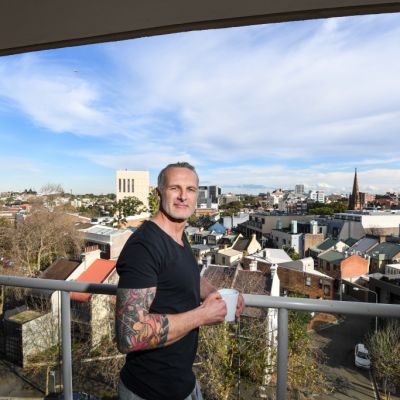

/http%3A%2F%2Fprod.static9.net.au%2Ffs%2Fe7f453a6-d7ca-40bc-8cca-afbf873918e1)

